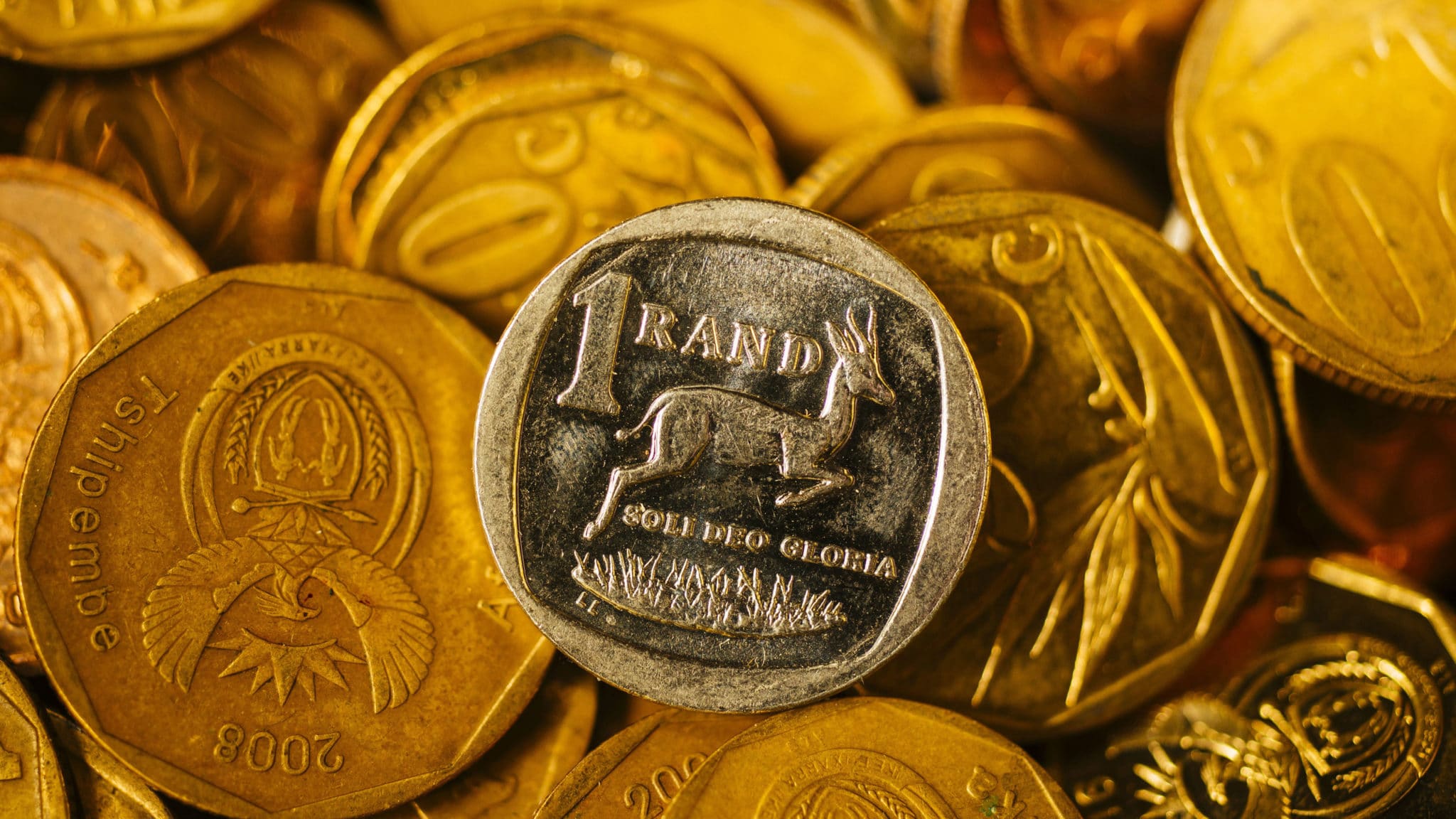
JOHANNESBURG, Aug 5 (Reuters) – South African stocks and the rand tanked on Monday as global investor sentiment soured towards riskier assets due to growing fears over a possible recession in the United States.
At 1206 GMT, the rand traded at 18.5825 against the dollar, about 1.7% weaker than its previous close and near a two-month low. The rand had lost more than 2% against the greenback in earlier trade.
On Johannesburg Stock Exchange, the Top-40 index was down about 2.3%, mirroring a sell-off on global stock markets.
Markets have been hit by Friday’s weak U.S. July payrolls report, which showed the unemployment rate had risen to 4.3%, stoking concerns the world’s biggest economy may be heading for a recession.
“The ongoing equity market correction provides a glimpse of the kind of volatility that can be expected through the months ahead … (but) it will eventually trigger more aggressive rate cuts in the world’s top economies,” said Danny Greeff, co-head of Africa at ETM Analytics.
Traders are pricing in a near 100% chance that the Federal Reserve will cut interest rates by a full 50 basis points in September to rescue growth, compared with an 11.5% chance a week earlier, according to the CME FedWatch tool.
Rate cuts in the world’s biggest economies should lead to corrections in overvalued major currencies, Greeff added.
“The rand is thus still expected to strengthen through the coming quarters, but it will be far from smooth sailing,” he said.
Like other risk-sensitive currencies, the rand often takes cues from global drivers such as U.S. economic data and monetary policy in addition to local factors.
South Africa’s benchmark 2030 government bond was also weaker, as the yield gained 9.5 basis points to 9.345%.
(Reporting by Tannur Anders;Editing by Bhargav Acharya and Helen Popper)

